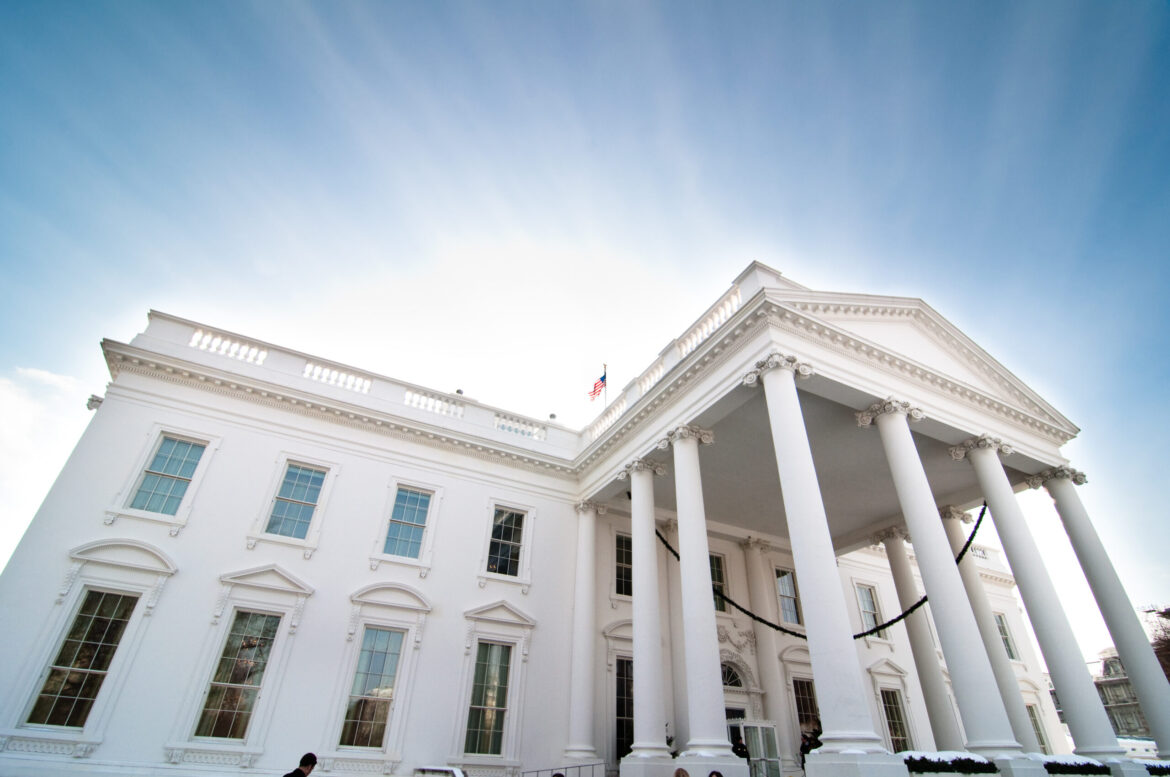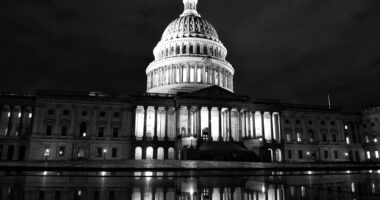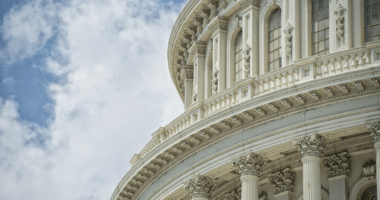A New Administration Means New Priorities
NAESP looks at President-elect Donald Trump’s education policy proposals.

There wasn’t a great deal of detail regarding President-elect Donald Trump’s education platform in either 2016 or 2020. But Trump’s 2024 campaign did have a more expansive set of education policy proposals with a particular focus on K-12 education. These priorities include:
Abolishing the U.S. Department of Education: “We are going to close the Department of Education in Washington, D.C., and send it back to the states, where it belongs, and let the states run our educational system as it should be run,” says the GOP platform.
Great Principals and Teachers: Besides seeking to end teacher tenure and supporting merit pay, Trump’s agenda includes encouraging “parents and local school boards to hire and reward great principals and teachers—and to fire poorly performing ones,” including support for the “direct election of school principals by the parents. If any principal is not performing to a high standard, parents should have the right to fire them and select someone who will.”
Restoring and Empowering Parental Rights: According to his Agenda 47, Trump “supports the right of parents to know what their children are being taught in the classroom, to be able to openly communicate any of their concerns with teachers and principals, to protect the privacy of their children, to be made aware of changing academic standards, to be updated on any acts of violence occurring at school, to inspect professional development materials, to be notified before an out-of-school guest speaks in class or at a school event, to review the budget and spending of their children’s school, to know if a school employee is working to address bullying or mental health concerns (including drug use or weapon use), to consent to all student surveys related to health, to have the right to opt out of school health care services, and to be immediately notified if a teacher or other school employee has worked to change their children’s name, pronouns, or understanding of his or her gender.”
Universal school choice: Trump “supports universal school choice,” his Agenda 47 explains, “so that parents can send their children to the public, private, or religious school that best suits their needs, their goals, and their values.”
Back to Basics Instruction: “Republicans will ensure children are taught fundamentals like reading, history, science, and math, not leftwing propaganda. We will defund schools that engage in inappropriate political indoctrination of our children using federal taxpayer dollars,” says the platform.
Restoring the Right to Pray in School: Agenda 47 asserts that Trump “will once again fiercely protect the First Amendment right to pray in public schools—and he will ensure that every American’s fundamental right to the free exercise of religion does not end when you walk into a classroom.”
Patriotic Civic Education: One of the GOP education platform’s priorities is that “Republicans will reinstate the 1776 Commission, promote Fair and Patriotic Civics Education, and veto efforts to nationalize civics education. We will support schools that teach America’s founding principles and western civilization.” Moreover, “Trump will reinstate the 1776 Commission … [and] create a credentialing body to certify teachers who embrace patriotic values and support the American way of life.”
College and Career Readiness: “Republicans will emphasize education to prepare students for great jobs and careers, supporting project-based learning and schools that offer meaningful work experience,” describes the Republican platform, and “we will expose politicized education models and fund proven career training programs.” Agenda 74 notes that Trump “will support project-based learning inside the classroom to help train students for fulfilling work outside the classroom.”
Stricter student discipline: Trump “will completely overhaul federal standards on school discipline to get out-of-control troublemakers out of the classroom and into reform schools and corrections facilities, for the good of themselves and their peers alike. This will include supporting immediate expulsion for any student who harms a teacher or another student.” His Agenda 47 also elaborates that Trump will “encourage local school districts to implement a zero-tolerance policy regarding illegal drug use or possession in school with immediate suspension or expulsion … [and] will “support school districts that allow highly trained teachers to carry concealed weapons at school, which will greatly reduce the threat of school shootings. To further harden our schools against harm from outside intruders, President Trump will support federal funding to hire veterans, retired police officers, and other trained gunowners as armed guards in our nation’s schools.”
A number of candidates have been identified as possible U.S. Secretary of Education to spearhead these initiatives continues to identify his cabinet appointments. Potential leaders include a number of state education leaders such as former Indiana Gov. Mitch Daniels, Louisiana State Superintendent Cade Brumley, Oklahoma State Superintendent Ryan Walters, Florida Commissioner of Education Manny Diaz, and South Carolina State Superintendent Ellen Weaver, along with other education reformers like former Small Business Administration leader Linda McMahon, Moms for Liberty cofounder Tiffany Justice, and author and education fellow Christopher Rufo.
Whoever is nominated will be an early indication of whether Trump will seek a strong leader to implement his policies under the auspices of the Department of Education or more of a caretaker to dismantle the cabinet entity.
Learn more about Trump’s education agenda and his party’s platform.
NAESP will continue to keep you updated on new priorities and policies that arise both during the presidential transition phase and when the Trump administration takes office—and the NAESP advocacy team will remain laser-focused as always on ensuring the interests and priorities of NAESP and school leaders are well represented on Capitol Hill.
David Griffith is associate executive director, Policy and Advocacy, at NAESP.




